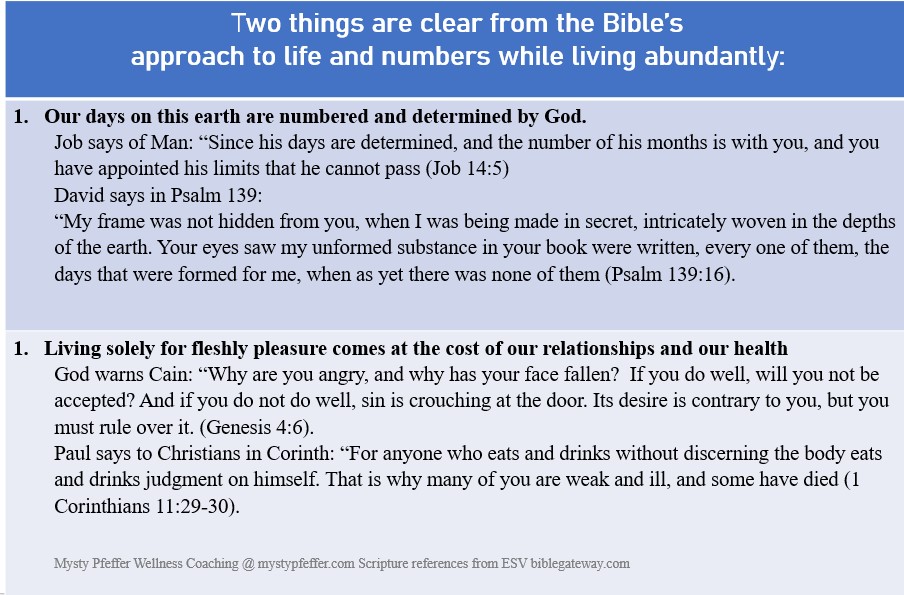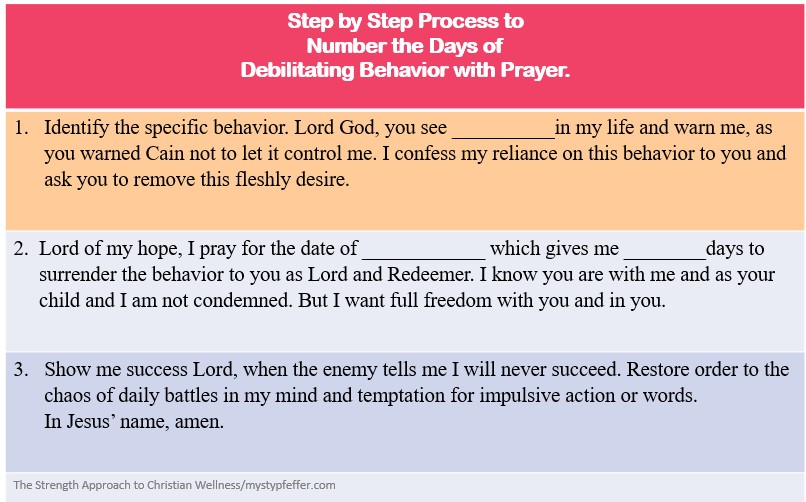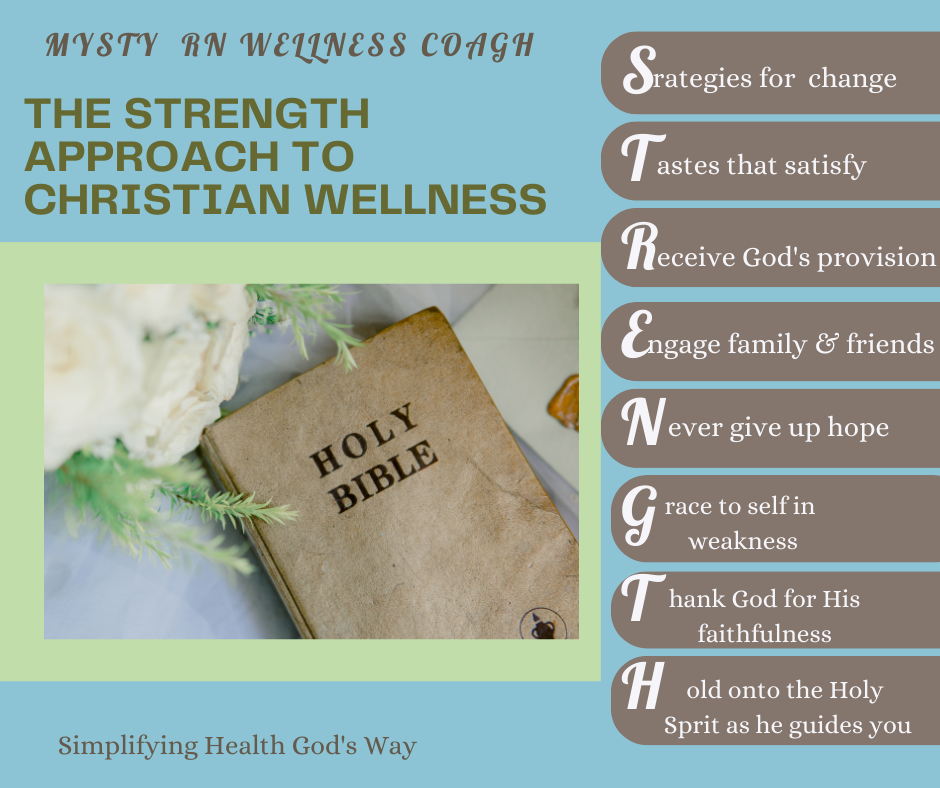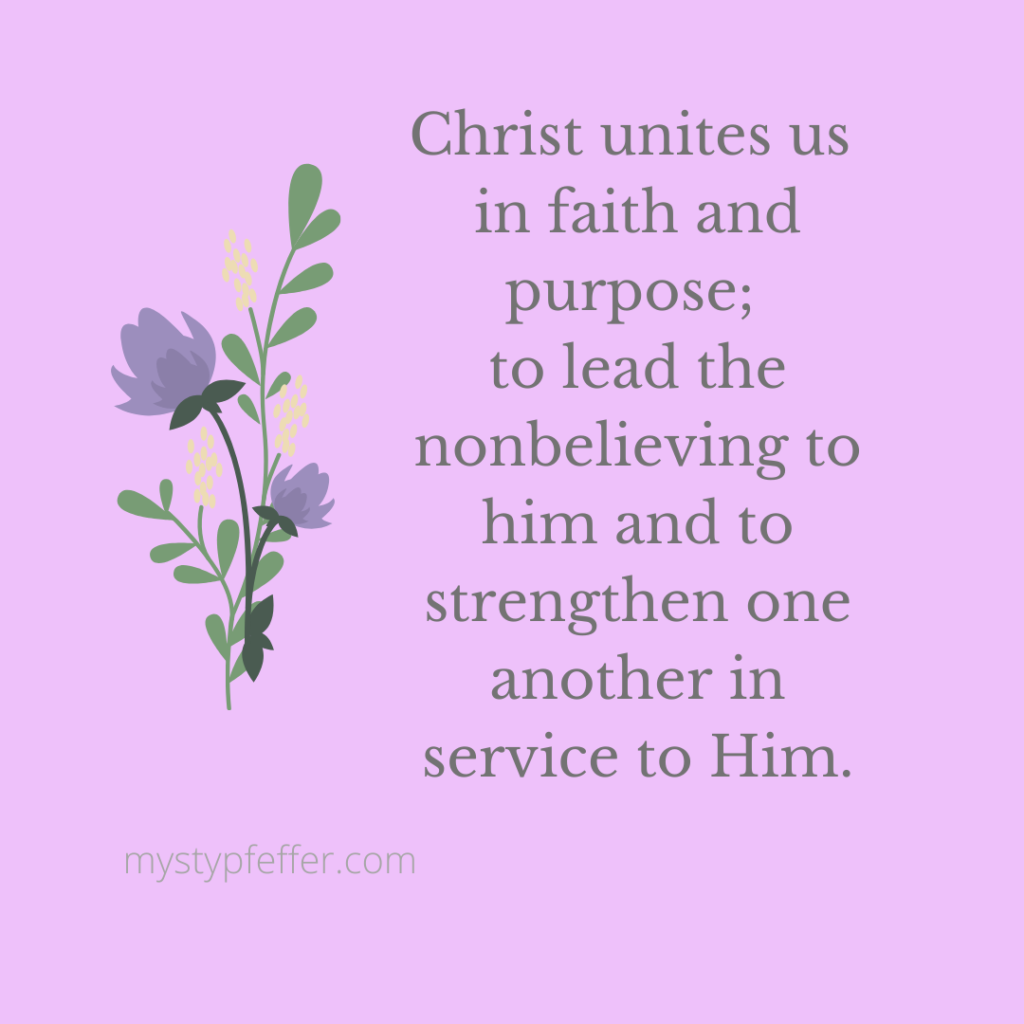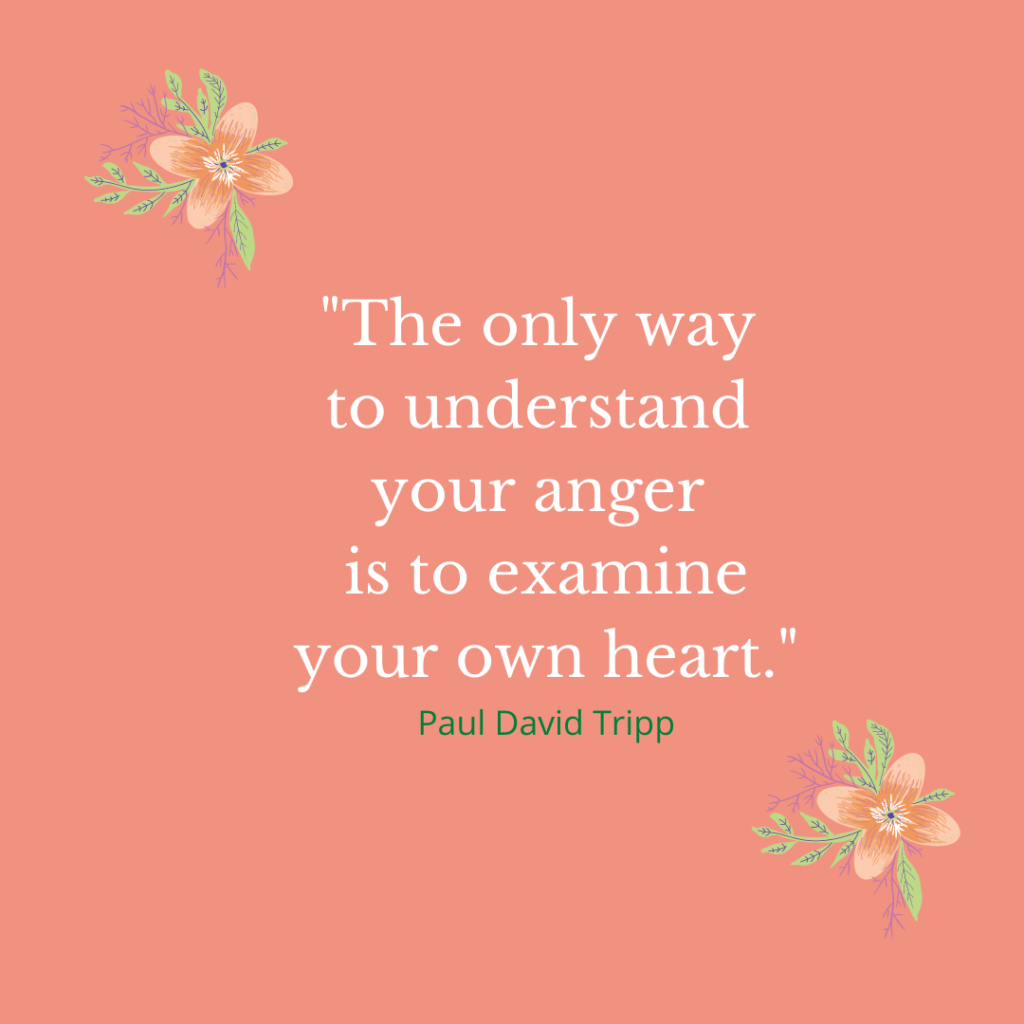Week 8 for the STRENGTH Approach to Christian Wellness is H = Hold onto the Holy Spirit as He Guides You in the Change Process.
Well, if you’re reading this today you made it to week 8 of the STRENGTH Approach to Christian Wellness with me! H stands for hold onto the Holy Spirit as He guides you in the change process! I don’t know about you, but I find myself failing daily and hanging onto the promises of scripture as my Helper and Counselor guides me.
He reminds me gently in my spirit to think twice, be softer in my words, love like the Father and the Son love, and show grace. The more I fill my mind with God’s Word, the easier it is to submit my will to Him. I hang onto the Holy Spirit as those times of heated emotion emerge too. In the bible, I learn:
“My flesh and my heart may fail, but God is the strength of my heart my portion forever”
Psalm 73:26
The helpful words found in His life-giving book are just what I need when dealing with areas of strong emotion and habitual behavior. Especially when the temptation to lash out, allow fear to take over, or lose self-control when eating is present and persistent.
Scripture memory is so vital in this process because the Living God is speaking to me through His living Word!
““For the word of God is living and active, sharper than any two-edged sword, piercing to the division of soul and of spirit, of joints and of marrow, and discerning the thoughts and intentions of the heart.”
Hebrews 4:12
God, in the form of his Holy Spirit, is for me and you and not against us! He wants each of us to be whole in mind and body so we can live the abundant life Jesus calls us to live. I love how John Owen describes the Holy Spirit in a compilation of his work titled, “The Holy Spirit, His Gifts and Power”, he says:
“So, it is said of God, ‘God is a Spirit’ (John 4:24) his is a pure, spiritual, immaterial nature; not confined to a place, nor regarding one more than another in his worship. The reference of the Third Person of the trinity, as ascribed to him, declares his special manner and order of existence; so that wherever the Holy Spirit is mentioned, his relation to the Father and Son is included, for he is the Spirit of God. Herein there is an allusion to the breath of man; for as the vital breath of man has a continual emanation from him, and yet is never so utterly separated from his person, as to forsake him, so the Spirit of the Father and the Son proceeded from them by a continual divine emanation, still abiding with them.”
(Christian Heritage Imprint, 2004)
On a personal and spiritual level, as a believer and follower of the Lord Jesus, I take this to mean that the Holy Spirit is as much a part of me as my own breath.
Also, when I think of all the times I try to breathe in anxious moments, rising tempers, during exertion and activities, or when raising my voice to be heard among screaming kids….I NEED MORE of it.
Therefore, the same is true of the Holy Spirit, I need more of Him in those same moments.
So, how do you and I hold onto the Holy Spirit in these situations?
- We take a super deep breath as we say, “Lord God, please take every thought captive to obey Christ (2 Cor. 10:5)
- We hold tightly to the apostle Paul’s teaching before taking every thought captive: He says, “For though we walk in the flesh, we are not waging war according to the flesh but have divine power to destroy strongholds. That divine power is Jesus’ extended presence in the Holy Spirt. We understand we have no power, but God in us, DOES have great power!
- Recognize the event causing turmoil and breathe through the emotions it evokes. At the same time accept the presence of the Holy Spirit with confidence and submit to Him the emotions, while processing the situation, being very specific in prayer as to what you need help doing as related to the following:
- Controlling Fear/Anxiety/Anger/Depression
- Battling the temptation to gossip/complain/criticize/argue with others
- Overcome hurtful words, disrespect, sadness of a fallen world, laziness, or apathy
- Honor the body (the tent of the Holy Spirit) by resisting addictive substances of sugar, alcohol, tobacco products, processed foods, or the temptation to overeat. Ask for the power to resist things that are harmful to the body instead of restorative.
A couple of examples of this from my daily failings are as follows. First, the chances of me seeing a deer on the side of the road as I start my commute are good, since I’ve hit nine of them in ten years. So, instead of succumbing to worries that escalate my heart rate or cause me to grip the wheel tightly in anticipation, I begin proactively praying. Before I get into my car I pray, “Lord Jesus, I ask for your angels to guard my path, my car, my life and the lives of others from destruction as I drive this car today.”
Second, I’m prideful and I’ve been around a few years, so most of the time I think I’m right. It is, therefore, a daily battle to humble myself, submit my mind and thoughts to Jesus, and think of others more than myself. I start my day with, “Lord, please give me a pure heart and a steadfast Spirit, forgive me for______, and help me put You and others before myself and my desires.
The bottom line to holding onto the Holy Spirit as He guides you and I daily is trusting His power to change us. We can face irrational thoughts or behaviors coming in swiftly, with intentionality. As we breathe and pray for help with emotions, we recognize our usual unhealthy coping measures full force and say stop. I’m not that person anymore. Yes, I have a weakness, but I am facing it and drawing upon God’s power to behave honorably. He loves me and works all things for my good (Romans 8:28).
In conclusion, I hope this eight-week series to the STRENGTH Approach to Christian Wellness has been helpful for you. I know it has been a good exploration for me mentally, physically, and spiritually. Therefore, I plan to develop it further as a resource for my clients. Please leave me a comment if you are interested in this resource, or if you would like to talk more about wellness. Take care, and God bless you.
References:
https://biblegateway.com
Owen, John, The Holy Spirit His Gifs and Power, Christian Heritage Imprint (2004) Christian Focus Publications, Geanies House, Fearn, Tain, Ross-shire, IV20 1TW, Scotland, UK
